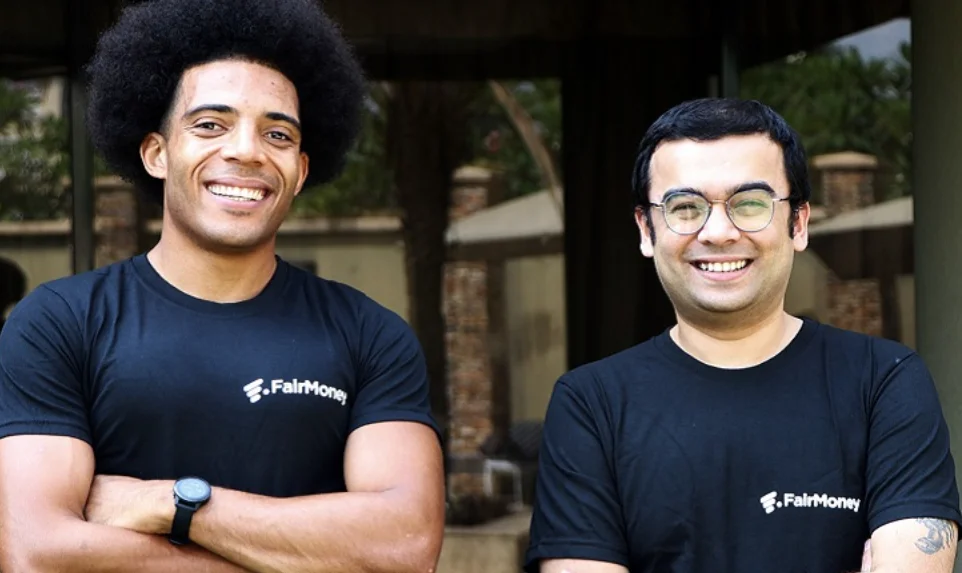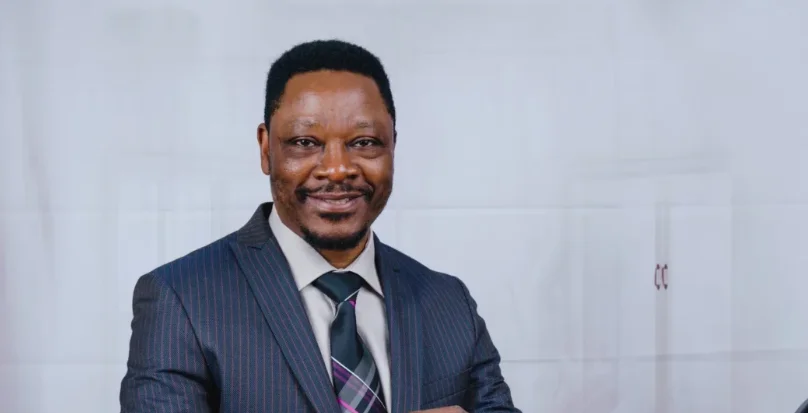A clash between Australia’s eSafety Commissioner and YouTube has intensified over a proposed exemption for the video-sharing platform from a landmark teen social media ban set to take effect in December 2025.
YouTube Exemption Sparks Controversy Ahead of World-First Social Media Law
Australia is poised to become the first country to ban social media access for users under 16, with hefty fines for platforms that fail to comply. However, the federal government’s planned exemption for YouTube has triggered a heated debate between the internet regulator and the tech giant.
The eSafety Commissioner Julie Inman Grant has publicly urged the Labour government of Prime Minister Anthony Albanese to reconsider YouTube’s waiver, citing mounting evidence of harmful content on the platform.
“This is not a fair fight where our kids are concerned,” Inman Grant told the National Press Club in Sydney, emphasizing that YouTube’s algorithm-driven content recommendations expose minors to unsafe material.
YouTube vs eSafety Commissioner: Clashing Over Child Safety
Inman Grant said 37% of children aged 10–15 reported encountering harmful content on YouTube—more than any other social platform, including Facebook, Instagram, Snapchat, and TikTok.
She accused YouTube of utilizing “persuasive design features,” such as endless recommendations and push notifications that keep users—especially children—engaged longer than intended.
YouTube swiftly responded in a blog post, accusing the commissioner of ignoring relevant data and contradicting previous guidance. The company cited government research showing that 69% of Australian parents view YouTube as suitable for children under 15.
“The eSafety Commissioner chose to ignore this data and the decision of the Australian Government,” wrote Rachel Lord, YouTube’s Public Policy Manager for Australia and New Zealand.
Is YouTube Educational or Harmful? The Policy Dilemma
The Australian government previously justified YouTube’s exemption by pointing to its widespread use in education and health. Many teachers and parents have echoed this sentiment, describing YouTube as a valuable learning tool.
However, Inman Grant said her priority remains child safety, not popularity or political alignment.
“I’m more concerned about the safety of children and that’s always going to surpass any concerns I have about politics or being liked,” she said.
Next Steps: Minister Weighs Regulator’s Advice
Communications Minister Anika Wells has not yet made a final decision. A spokesperson said the minister was considering the eSafety Commissioner’s advice carefully, with the goal of ensuring that any final legislation effectively protects children from online harm.
As the December 2025 rollout approaches, Australia’s pioneering law could serve as a global test case for regulating children’s access to digital platforms—with implications for tech policy worldwide.












